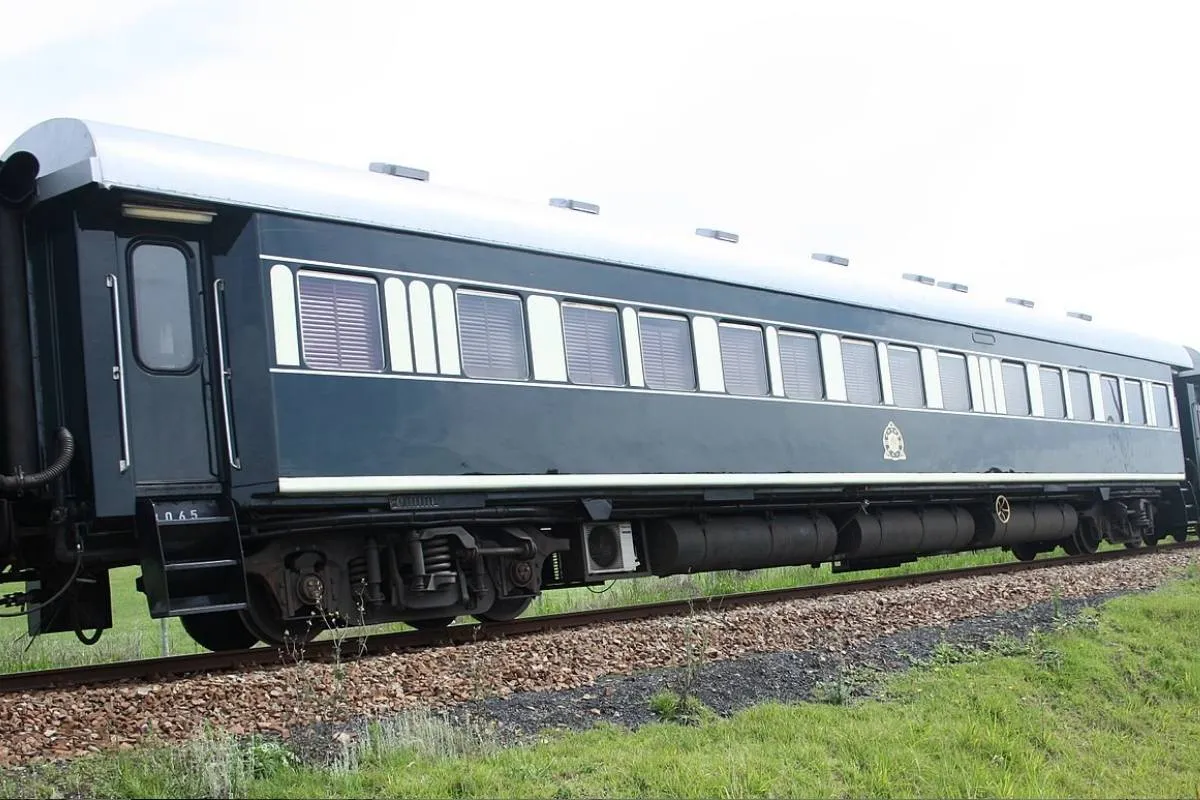
Rovos Rail crash explained: What really happened?
Rovos Rail has disclosed the real cause of its recent crash in Zimbabwe, which happened earlier this year.

Rovos Rail COO Tiffany Vos-Thane has explained the cause of the April collision on the privately operated Bulawayo Beitbridge Railway (BBR).
While transporting foreign tourists to Zimbabwe for Easter, the luxury Rovos Rail train collided with another locomotive.
The crash derailed several carriages and injured multiple passengers, according to the operating company and a local rail employee.
Reasons for Rovos Rail crash revealed
According to Tourism Update, no guests were injured, although one staff member did pass away in the hospital almost three weeks after the accident due to an unexpected medical complication.
Vos-Thane said BBR operators caused the accident through miscommunication, although a full accident report is still being finalised.
“Somebody made a mistake and miscalculated the timings, which is just so unfortunate, particularly considering that we travel on this line at least twice a week. Having lost one of our staff members, there’s an immense weight on us and we, of course, ask deep questions about how something like this could happen. But we have little control over other entities and we have to put our trust and faith in them. And, overall, they’ve never let us down, except for this one occasion,” Vos-Thane said as per Tourism Update.
Vos-Thane also said that the accident had not impacted demand for the Rovos Rail product.
“We’ve only had one query asking about the BBR line. We haven’t seen anything to show that this had an impact. The major concern at the moment is the general sense of economic uncertainty in the world due to issues such as tariffs and geopolitics,” Vos-Thane said.